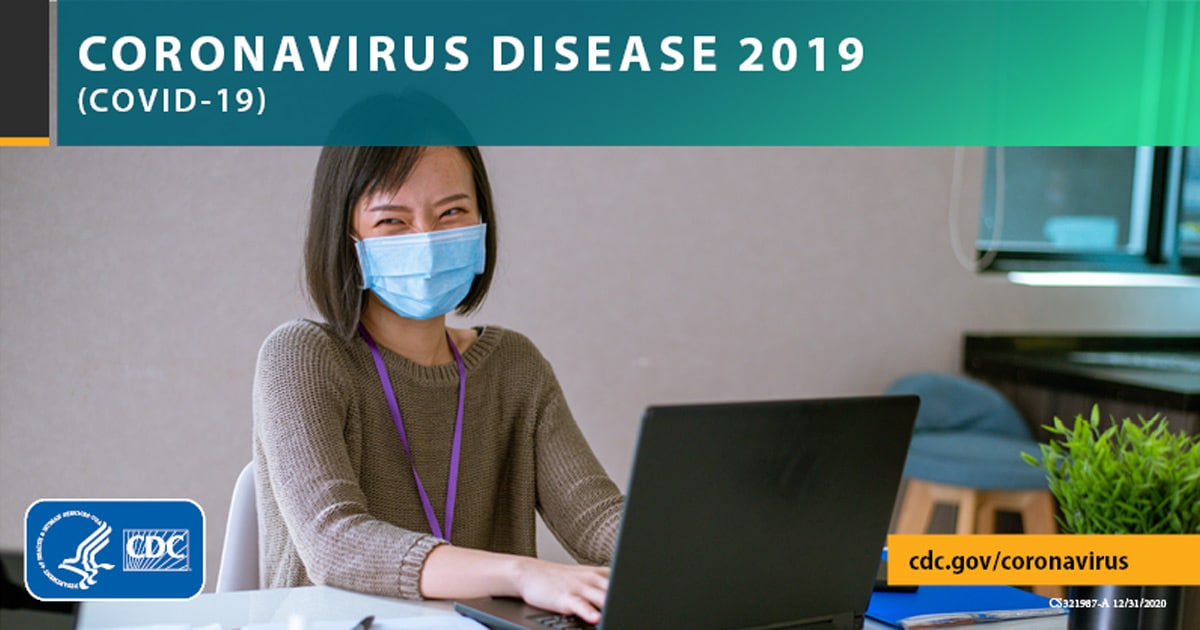Contact tracing for COVID-19 | CDC
Step 2b: Assess quarantine assistance needs
Emphasis should be placed on assisting close contacts to identify any need for social support during quarantine.
Quarantine of close contacts exposed to COVID-19 prevents transmission to others and is critical to the success of case investigation and contact tracing efforts. For most, quarantine can take place at home. If possible, close contacts should be asked to voluntarily stay home, monitor themselves, and maintain social distancing from others. Recommendations for close contacts vary based on their up-to-date vaccination status or history of infection within the past 90 days. Close contacts who need to quarantine should follow the recommendations outlined on the COVID-19 Quarantine and Isolation webpage. Compliance with quarantine instructions may depend on support for close contacts.
Quarantine requires a close contact to stay in a specific room separate from other unexposed people and household pets, and ideally with access to a separate bathroom. The contact tracer must assess an individual’s ability to self-quarantine in a safe environment that provides access to a private bedroom and bathroom, as well as access to adequate food and water , among other considerations.
For some of the American population, having a safe environment with a private bedroom and bathroom, and adequate food and water will be a challenge. Considerations should also be made for close contacts who express a fear of abuse or violence if they are to be quarantined at home. Additionally, some close contacts (e.g., single parents, breastfeeding mothers, parents with children and toddlers, and other primary caregivers) may face other challenges, such as custody child care or dependent adult care, which may affect their ability to self-quarantine. Social services, housing, and other support services will be needed for contacts who are unable to separate from others in their current living situation. See Support Services for more information.
Close contacts will also need to be supported with health coaching to ensure they monitor their temperature daily and for any symptoms of COVID-19 and have access to clinical services if symptoms develop. . Coordination of access to telehealth services may be required for contacts without virtual access to a primary care provider. If possible, close contacts in need of additional support should receive a COVID-19 kit with the following resources during quarantine*:
*The composition of the COVID-19 kit will depend on the resources of the jurisdiction.


Comments are closed.